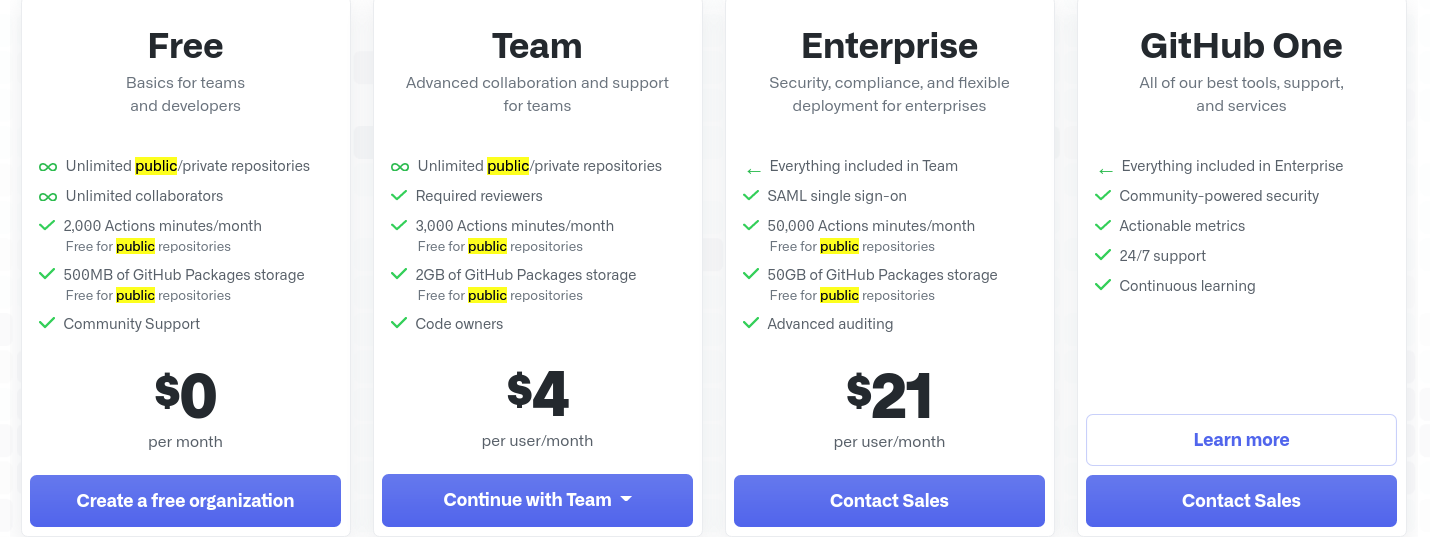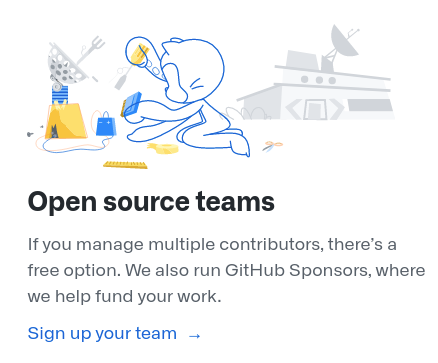Open Source A Hidden Gem

Please consider following me on
Our Mentality
We as a human race have always been curious and hungry for knowledge. It’s hardwired in our brains to question reality and wonder what would happen if x occurs. And if we are motivated enough, we embark on the journey of finding the answer to our wonders. Even I got into computer science because as a kid I always wondered what makes this cursor moves inside the computer screen? Is it black magic? Is there a human sitting on the other side of the monitor moving it? I am sure every human being can relate to this at some point in their life.
Being a curious person and an explorer is certainly a good trait to have but, we would never be at the place we are at today if we hadn’t pooled our knowledge and resources. Everything we have at our disposal today is due to the collective knowledge and resource sharing between each other. Your food, your cell phone, your toothbrush, your clothes, whatever you will pick, you will find thousands of years of history and a gigantic knowledge pool from countless brilliant individuals behind it.
Open Source Adaptation
This concept of sharing is not a theory but a fact. It’s been slowly adapted into our society because we are now understanding how crucial it is and we can’t survive without it. Initially, companies preferred to keep their research a trade secret and were no doubt flourishing. But then came this new concept of open-source and a radical idea of making your work public for everyone to use. People were hesitant to follow it at the beginning and they were right to do so. Why should they share their hard-earned knowledge? the secret sauce that differentiates them from the competition?
On the other hand, some people supported this idea and dedicated their work to the community. Open source started to become a trend and people from all over the world started sharing their knowledge. Countless open-source projects were created and supported by the community and soon after, open-source became the first world citizen. Now, you can theoretically get anything just by searching. You have thousands of hours of production-grade and battle-tested effort made by brilliant people at your disposal.
The companies that were slow to adopt the open-source first approach either perished or soon realized its potential and converged towards it. I won’t go into the details but there are a lot of examples available if you want to search for them.
Now, this movement has picked up so much momentum that there is enough data available to extrapolate its impact. According to recent studies, the companies that are open-source by purpose tend to have a higher success rate as compared to the companies that are open-source by chance.

It’s State Today
Nowadays, open-source for every company is a must. They will either fund the projects, have their own open-sourced projects, or will support them through their platform. This is excellent news for everyone in the tech industry. If you go open-source by choice, you will see a torrent of help coming your way from every direction. Let’s look at a few examples of support below.
Jetbrains

Netlify

Circle CI

Github


Digital Ocean

The examples above are just a drop in the ocean but they are enough to prove my point that as soon as you go open-source, you will have help from every corner of the industry and there will be thousands of community members willing to contribute and grow your project.
How Does Open Source Companies Thrive?
It’s a long debate and it depends on your business model but one thing is for sure. Your business can still stand and will suffer no harm from this choice. If you want to study some business models, a few examples will include Laravel, Docker, and Deno.
Final Thoughts
Open source is the future. Support it however you can. The choice of stuff you open-source does not matter, what matters is that you start contributing towards it. It’s more about forming a habit and a mindset than open-sourcing the one thing you think can bring you more stars. Think open-source by choice.